The people of Hong Kong are intimately familiar with this truth: Remembrance can be an act of resistance.
Karen Cheung’s debut book, The Impossible City: A Hong Kong Memoir, drips with defiant remembrance.
The Impossible City is a book about Hong Kong and how the city has changed with Beijing’s relentless, tightening grip. But it’s mostly a book about the people who live there, starting with Cheung’s upbringing and exploring how the generation that has grown up in the aftermath of the 1997 British handover of the former colony has carved out its own lanes of political and artistic expression. The Impossible City is part memoir, part journalism, part eulogy. It’s a love letter to Hong Kong and its people, even as Cheung is unsparing in recognizing the city’s flaws.
As Cheung writes in the preface, “This is a book about the many ways a city can disappear, but also the many ways we, its people, survive.”
It’s a painful but beautiful read. Her writing is moody and unflinching, but a quiet hopefulness persists throughout, whispering over and over again in readers’ minds: This isn’t how it has to be.
It’s clear that Cheung wrote the book on her own terms, and readers are better off for it.
She chronicles her life growing up in Hong Kong, with abusive family members and tradition wielded as a cudgel. She describes the process of growing from being a stranger to her own city to discovering its places and its people, and feeling a responsibility to them. She relates the agony of searching for apartments to live in, small spaces crowded with far too many roommates, while she was in university.
She shares the aching frustration of knowing that local policies don’t prioritize residents, but being unable to have any meaningful say in who leads the city or the decisions they make.
She writes about the feeling—recognizable to people all over the world, these days—of watching a city’s individuality and character being crushed under the weight of trendy aesthetics, shops and spaces all blending together, increasingly shaped with Instagram perfection in mind.
At one point, Cheung gives a tour of Hong Kong’s indie music scene, with palpable affection shining through as she introduces us to artists and their experiences of the city.
She writes about her mental health challenges, and the battle to secure treatment in Hong Kong, with patients facing steep prices for care and absurdly long waitlists for appointments.
Throughout, there are jarring reminders of the brutal totalitarianism China has imposed on the city. Cheung will describe a place she loves, or an area near an old apartment, before mentioning it was where her friends clashed with police, or where she hosted journalists who needed to recover after being tear-gassed. She’ll write about people she spent time with or reported on for news outlets before mentioning they have fled to other countries or are currently in prison. The last 30 pages of the book are a direct, grim look at life during the 2019 and 2020 protests, and a reminder of just how violent the Hong Kong police were.
Cheung recounts how Hong Kongers—a people whose calendars revolve around protests and vigils—knew the drill when the time came to mobilize in historic numbers. She tells us about how they made sure they had protective gear and water bottles for rinsing out burning eyes and raw throats after being choked by tear gas. She remembers stepping over a pool of blood on the way home from a protest. She reflects on the fear, shared by others who participated in the protests, that there will never be enough she can do to contribute to the movement.
While never shying away from the heartbreak and the consequences of China’s crackdown on Hong Kong, Cheung’s book doesn’t set out to analyze geopolitics. She isn’t here to explain the pro-democracy protests and Beijing’s oppression to a Western audience. She places the stories of Hong Kong’s people front and center, not as background characters in a story about U.S.-China competition. A former journalist, Cheung is familiar with the shortcomings of Western media’s approach to Hong Kong: “Publications continue to act like the only time Hong Kongers deserve their own stories is when it’s a narrative about our death,” she observes.
The Impossible City breaks that mold, even though the motivation underpinning it—to remember—is decidedly morbid. Near the end, Cheung shares her greatest fear: that life will carry on and Hong Kong will appear unchanged from the outside, but there won’t be anyone left to remember the city that once existed. That the only ones remaining will be “those who believe this is the best version of Hong Kong there could ever be.”
Readers who haven’t spent time in Hong Kong will come away from The Impossible City wishing they could have experienced the city Cheung is grieving.
Some readers may dislike passages in which Cheung can appear too apologetic. She expresses guilt for her late attention to local politics, for studying abroad and missing the 2014 Umbrella Movement, for writing in English. But these portions—particularly the section about language and relating to her community—are often thought-provoking and provide a better sense of Cheung’s personality and her struggles.
Her writing leaves readers with questions to contemplate long after closing the book.
Cheung is at her best when reflecting on what it means to belong to a place. These thoughts, scattered throughout the book, are incisive.
“It takes work not to simply pass through a place but instead to become part of it,” she writes.
Cheung saw this dynamic in stark relief during the pro-democracy protests in 2019 and 2020.
Her peers from privileged backgrounds—those who grew up going to international schools and being trained to be “global citizens”—felt the least responsibility toward their home. They viewed the protests as an inconvenience instead of as an urgent fight against a bleak future.
“The international school experience is very much like the expat experience where you get the choice to care, but also you can live a life that’s entirely detached,” one of Cheung’s friends told her during the protests.
The Impossible City is a war on detachment. Even now, as her friends are moving abroad to safer places, Cheung writes that she wants to hold onto the city she calls home—and explore more of it—for as long as she can.
The Impossible City, published by Random House, is available for $28.99.
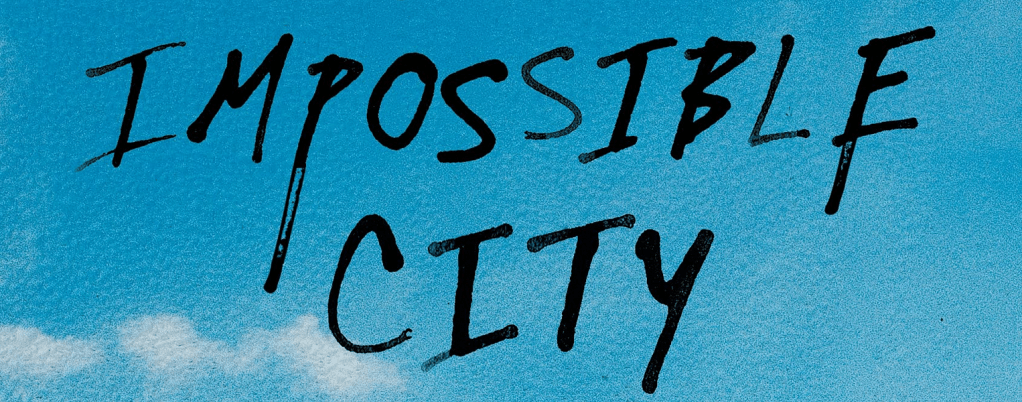

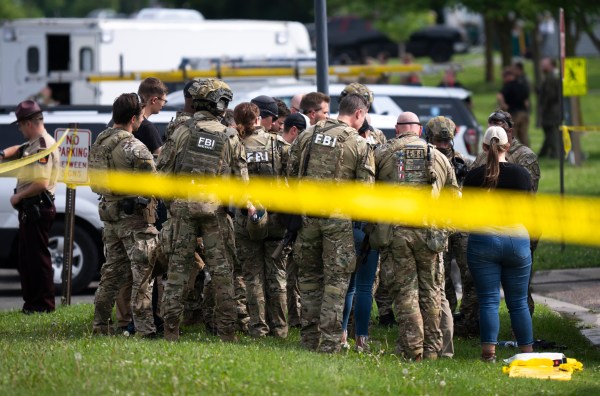
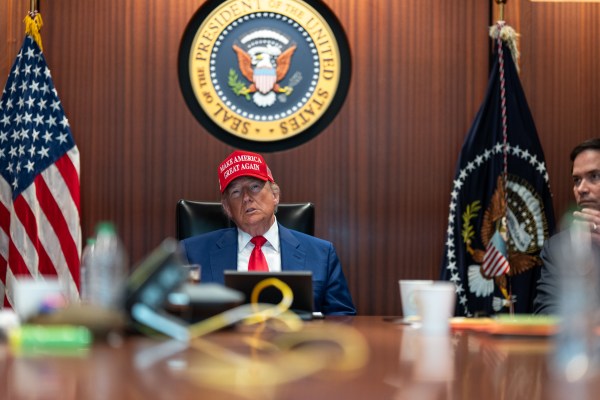
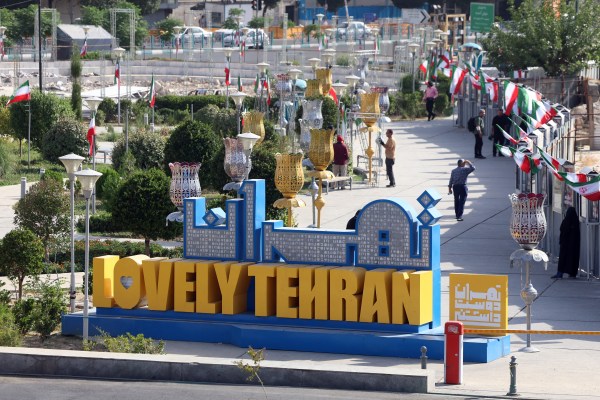
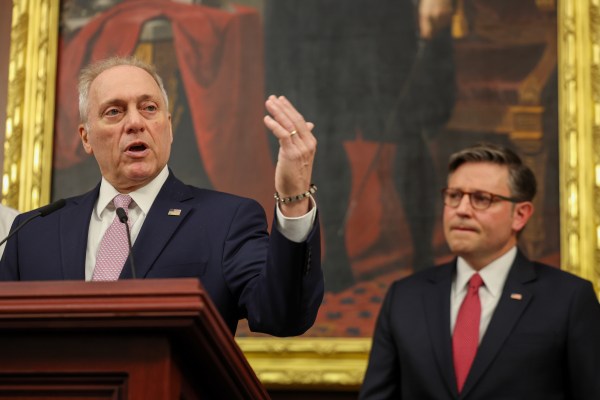

Please note that we at The Dispatch hold ourselves, our work, and our commenters to a higher standard than other places on the internet. We welcome comments that foster genuine debate or discussion—including comments critical of us or our work—but responses that include ad hominem attacks on fellow Dispatch members or are intended to stoke fear and anger may be moderated.
With your membership, you only have the ability to comment on The Morning Dispatch articles. Consider upgrading to join the conversation everywhere.